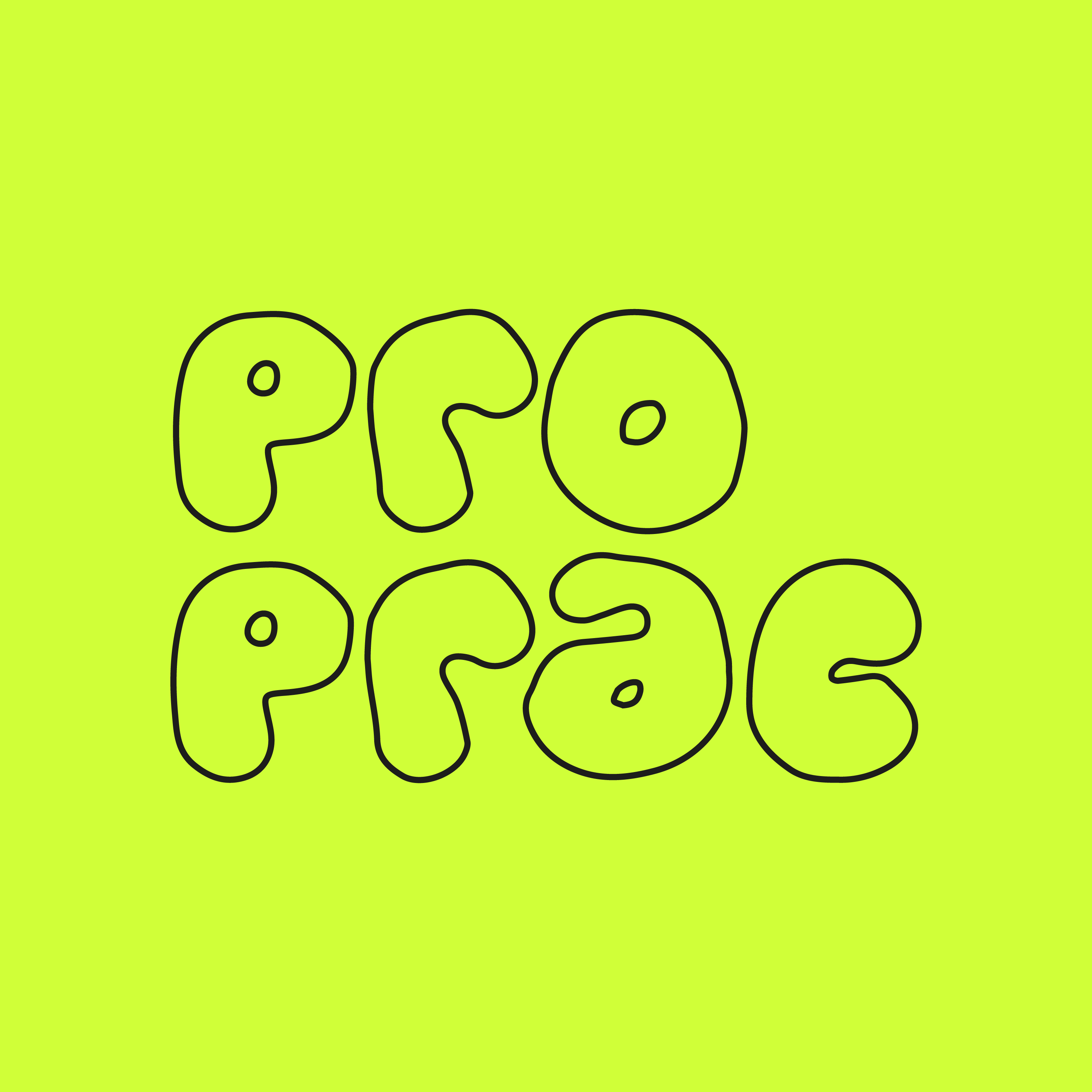How Are You Today?
Recorded and released throughout 2020
In our series How Are You Today? we check in on artists in the community and chat about how they are navigating life and their practice since the outbreak of coronavirus. In our first episode of the series we chat about where we are at and our hopes for the future.
How Are You Today? is generously supported by the City of Melbourne Annual Arts Grants
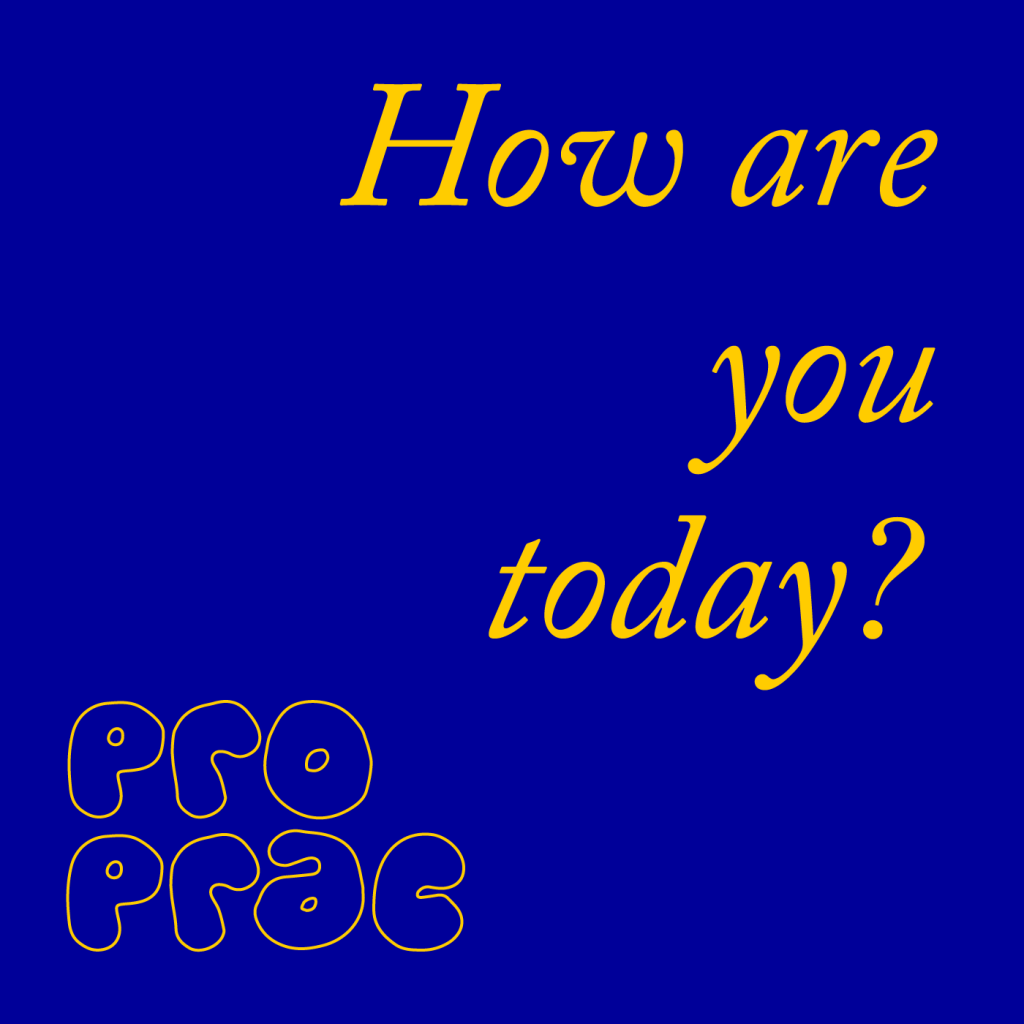
Kiera and Nick
In our series How Are You Today? we check in on artists in the community and chat about how they are navigating life and their practice since the outbreak of coronavirus. In our first episode of the series we chat about where we are at and our hopes for the future.
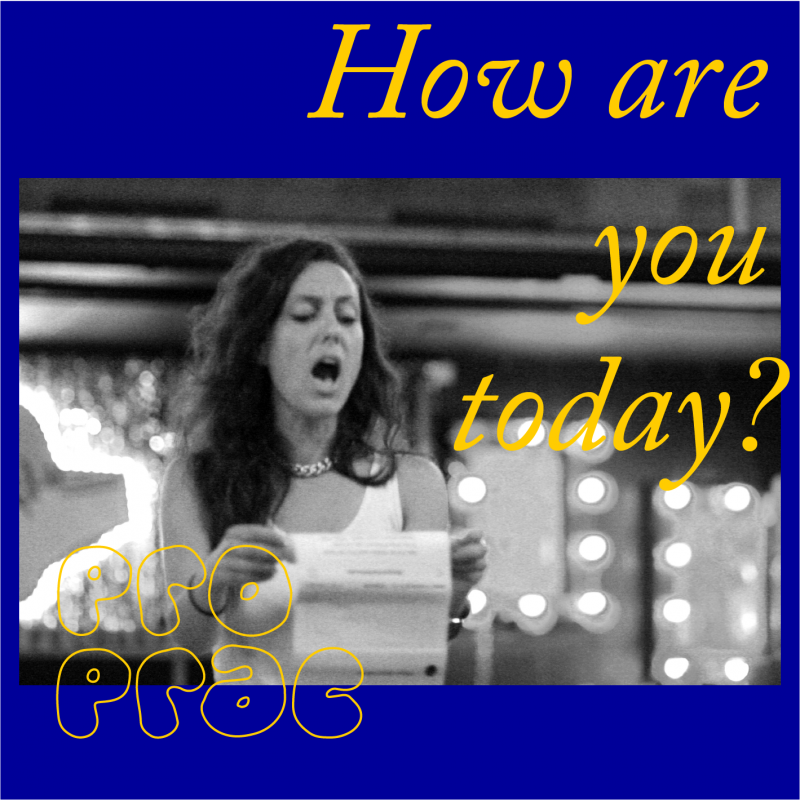
Bonnie Lane
In episode two of How Are You Today we talk to Bonnie Lane about how she is navigating working and creating during the Coronavirus crisis. Bonnie talks to us about how she had to quickly decide to return to Melbourne, leaving her home and work in New York. Bonnie continues to teach art to school children in New York from her current location in Melbourne and is settling into a new studio as she prepares for a solo performance.
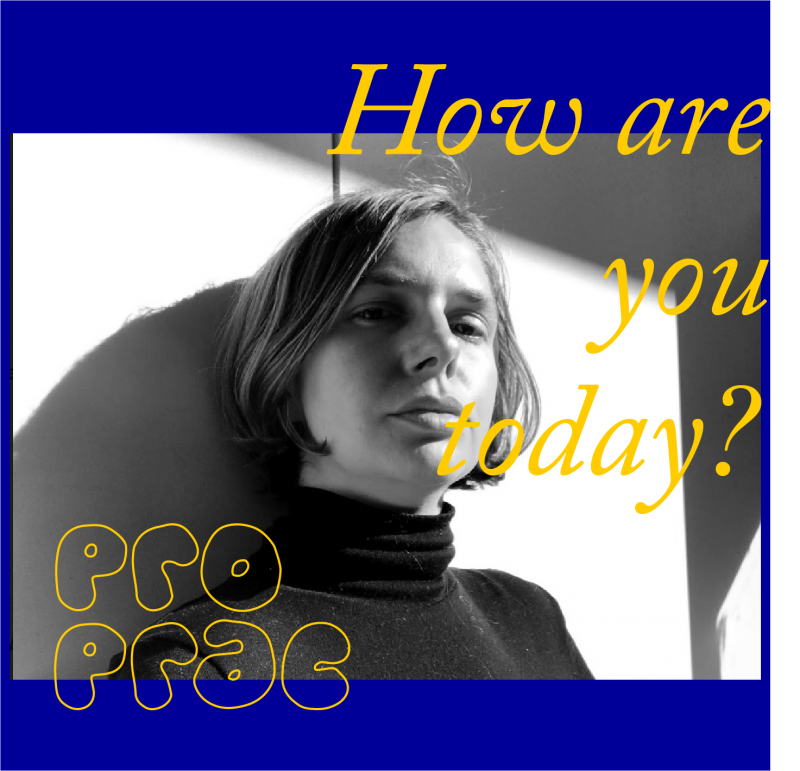
Amelia Wallin
In episode three we speak with mother and arts worker Amelia Wallin about working from home with her young child, directing West Space through the pandemic, preparing for and providing new opportunities for artists and having a time of pause to pull back to reflect on what our arts community needs in this time.
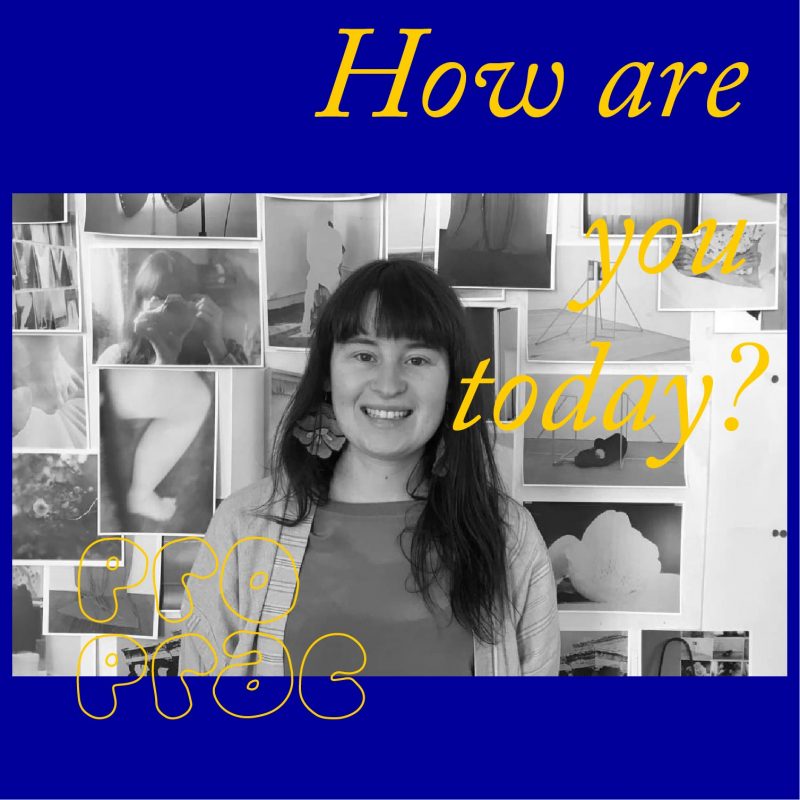
Josephine Mead
In episode four artist Josephine Mead talks us through her decision to leave Berlin mid residency to return to Melbourne. Josephine shares projects and artists that are providing her with inspiration during this time and discusses her new drawing project and research project which she has been creating throughout her time isolating in Melbourne.
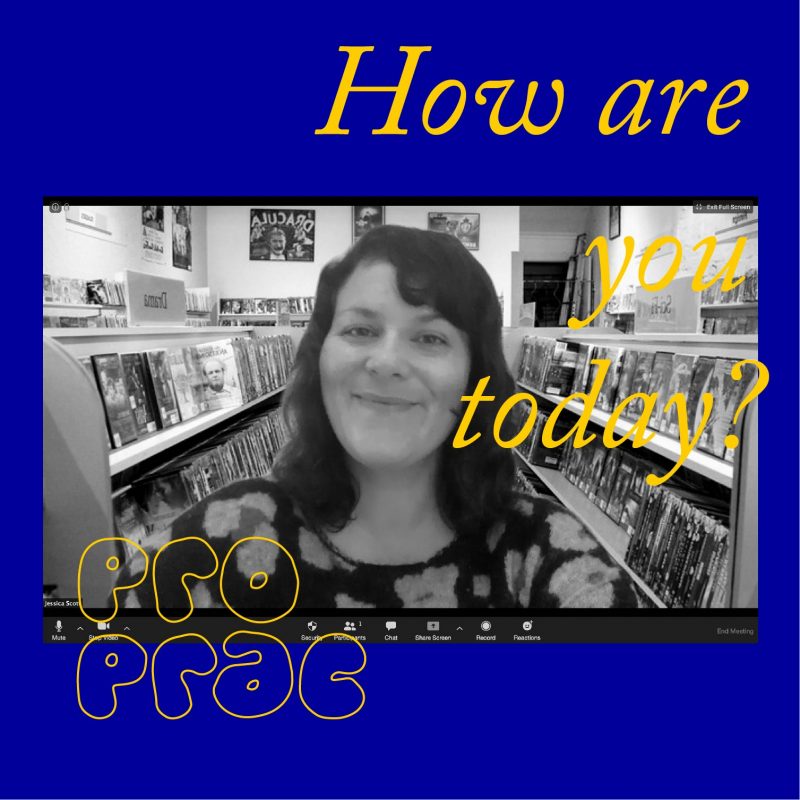
Jessie Scott
In episode five Jessie Scott touches base with us and discusses a range of topics including home schooling, babysitting swaps, structuring your weeks in isolation, adapting a project and the cultural significance of sourdough at this time. Jessie shares how being in lockdown has affected her PHD studies, adjusted her expectations of public outcomes and how the global pandemic is making her feel more connected to friends, family and colleagues across the world.
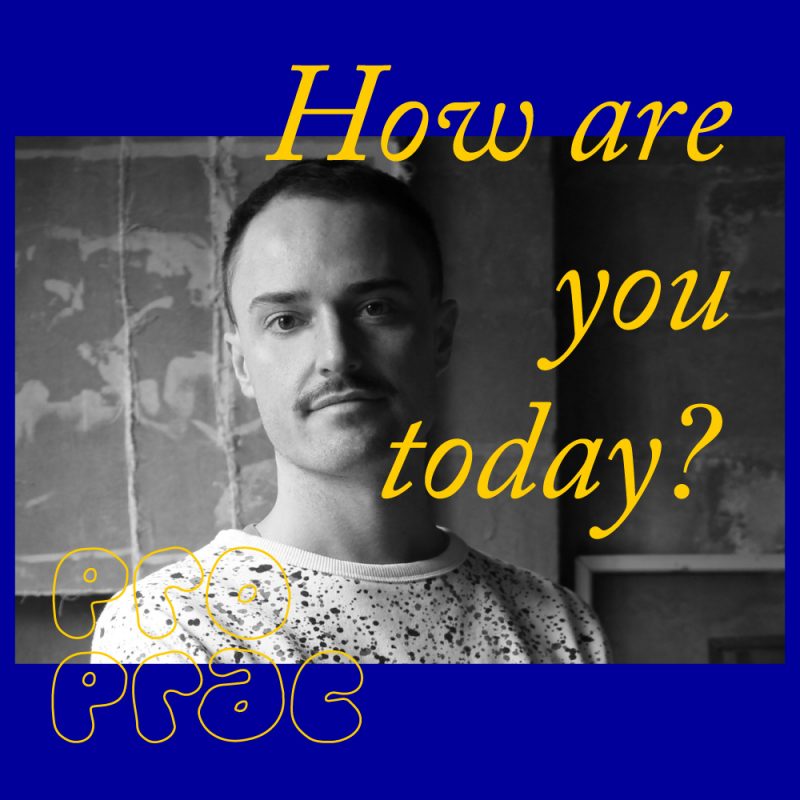
Jeremy Eaton
In episode six Jeremy Eaton joins us on the line to chat about where he is finding himself in the midst of easing restrictions and what life is looking like as we emerge from isolation. We all share our concerns about the difficulties emerging artists are going to face over the coming year and Jeremy shares how he is finding hope in maintaining and supporting friends and our arts community.
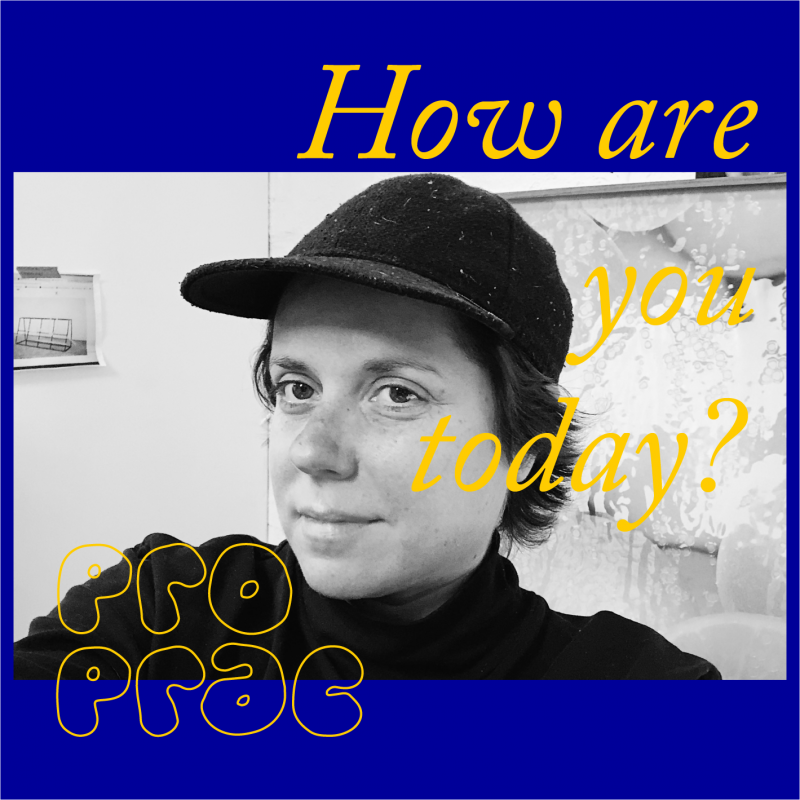
Lauren Dunn
In episode seven we call Artist Lauren Dunn and check in with how her week has been going. Lauren chats about how her students have adapted to learn online, having major shows postponed and how she has found herself with more time to experiment and be proactive within her practice. Lauren speaks about how doubt can be constructive in re-evaluating our intentions and motivations as artists.
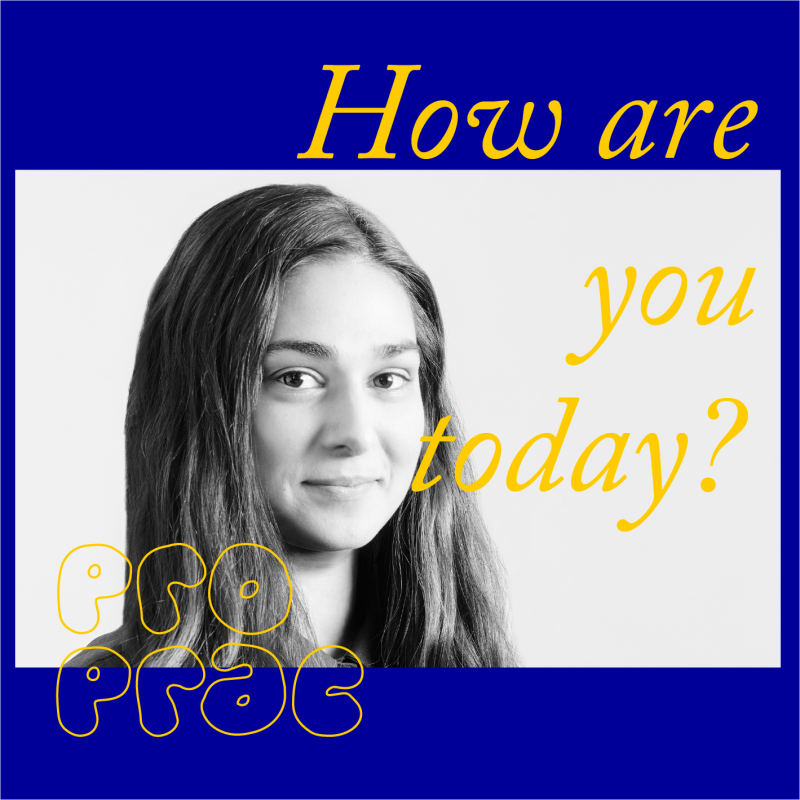
Lara Chamas
In episode eight artist and researcher Lara Chamas joins us on the show and shares putting her practice on pause, caring for family and questioning what art is for. We discuss why it takes a pandemic for government to take note and express care for vulnerable communities; and how as artists we don’t want to work in competition against each other, but support each other and our communities.

Sam Petersen
In episode nine Sam Petersen joins us to discuss her worries about being in hospital without access to PPE and familiar support workers, and the visibility of people with a disability. Sam shares current projects she is working on at home exploring themes of slow violence.
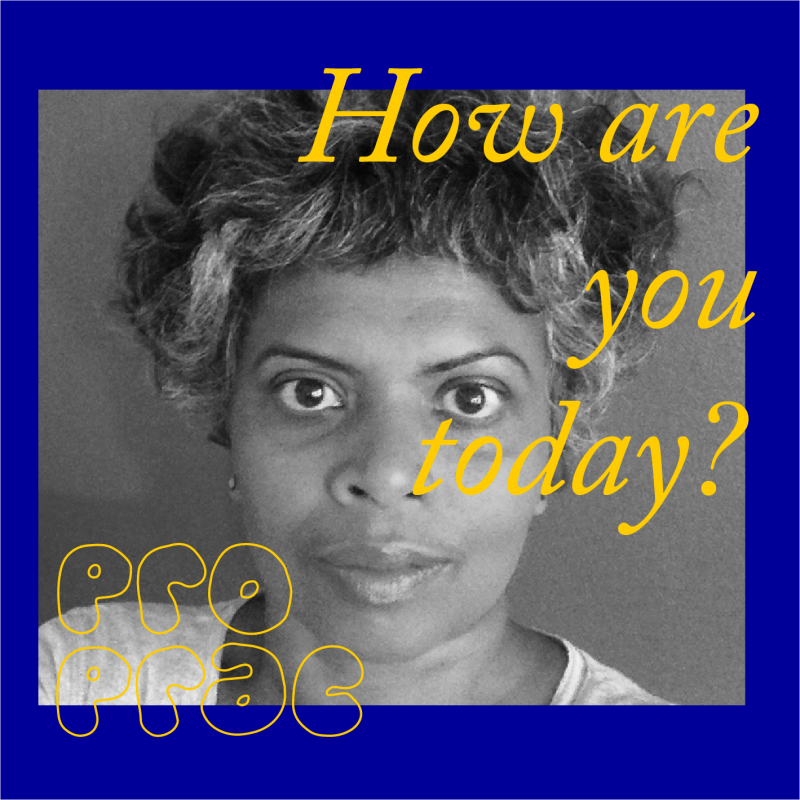
Amaara Raheem
In episode ten dance artist Amaara Raheem talks to us today about online workshops and a residency at Blindside she has been undertaking during isolation. Amaara shares with us her concerns about the increasing of costs for arts degrees and how this will affect who can access education, and shares where she is finding hope and healing in the Black Lives Matter movement.

Sophia Cai
In episode eleven curator and writer Sophia Cai joins us on the podcast and talks to us about her challenges with motivation, how she is rethinking productivity, and the unrealistic expectations and outcomes placed on artists and arts workers. Sophia talks about a holistic approach in addressing global issues which affect the arts and imagining what kind of arts industry she wants to be part of in the future.
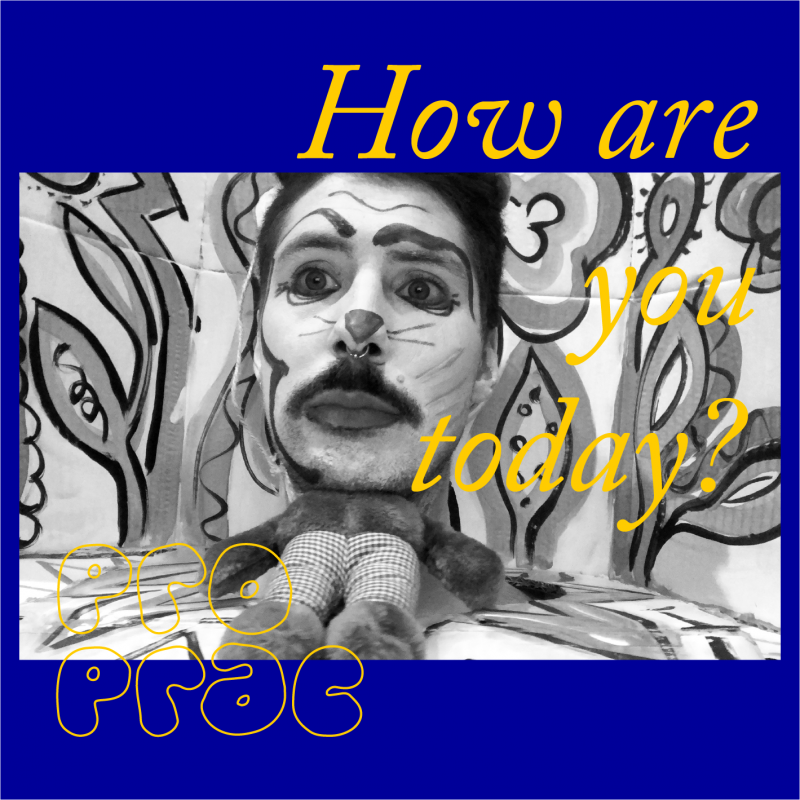
Jake Preval
In episode twelve Jake Preval joins us to share how he’s spending his time in isolation including learning to play the harp and making feijoa jam. We discuss mental health, not saying yes to everything, getting excited about going to galleries again and radical re imagining of what kind of society we want to return to.
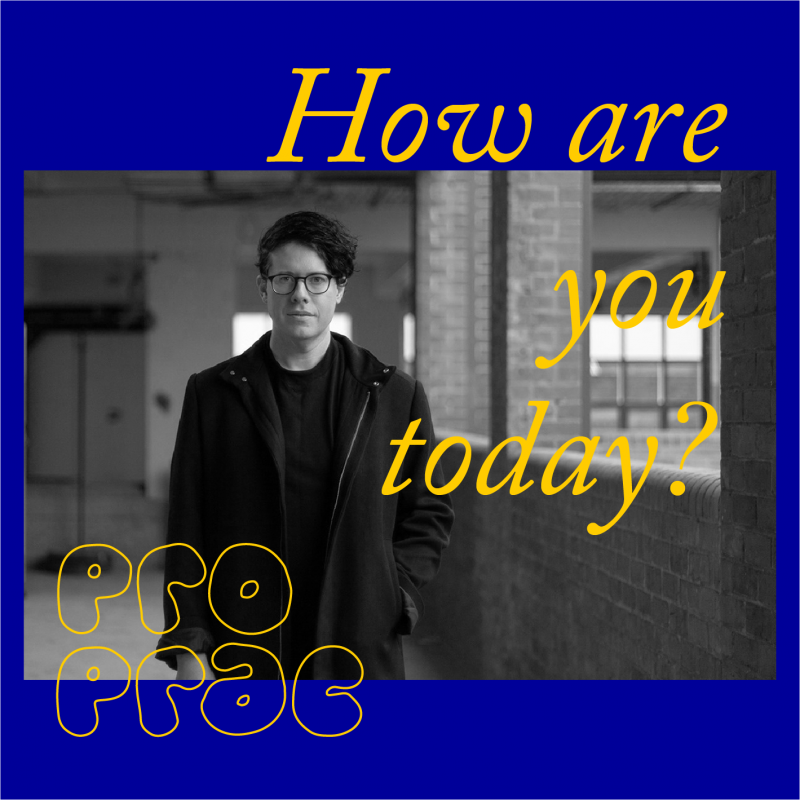
Channon Goodwin
In episode thirteen artist and arts worker Channon Goodwin talks to us about having time to reflect on “toxic aspects of normality”, Australia having a work ethic that is often unproductive, the sustainability of working in the arts and acknowledging support networks and privilege. Channon shares how Bus Projects has been affected by Covid-19 and lets us know about his project Composite: Moving Image Agency.

Kevin Chin
In episode fourteen Kevin Chin shares with us how coronavirus has caused him to postpone exhibitions, made future sales unpredictable, the benefits of quick response grants and learning new ways to promote and present your work online. Kevin shares his worries about the state of the world and his hopes for the continued spotlight on Black Lives Matter movement both Internationally and in Australia, hoping there will be positive outcomes and change.
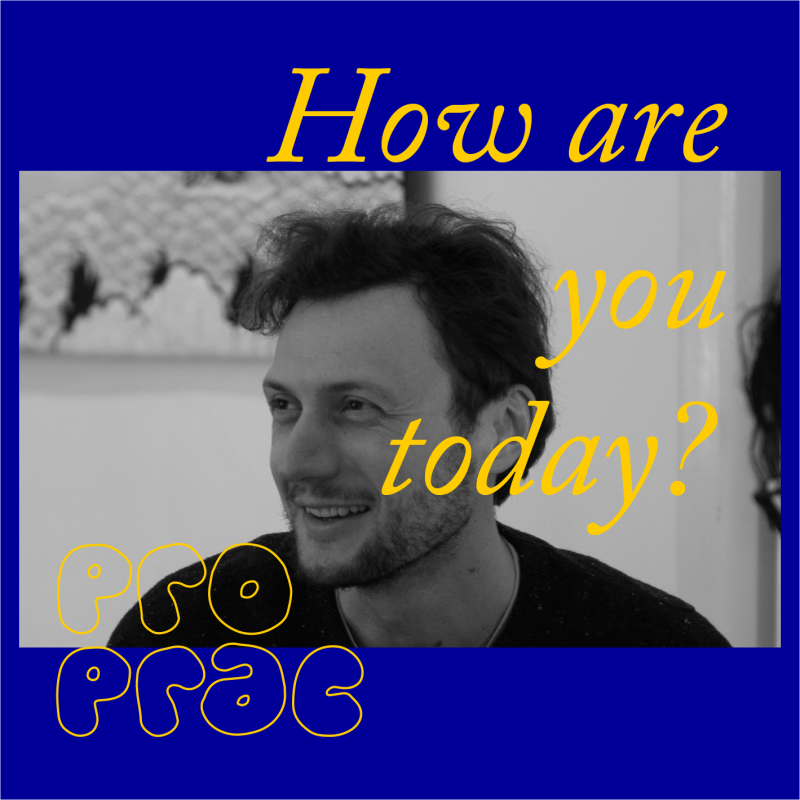
Stephen Palmer
In episode fifteen Stephen Palmer joins us on the line and shares the changes to his day to day life, the frustrating and rewarding aspects of home schooling, his work creating a new artist union, how his students are adapting to change, not knowing how to feel in these unclear times and finding hope in seeing the support across community.
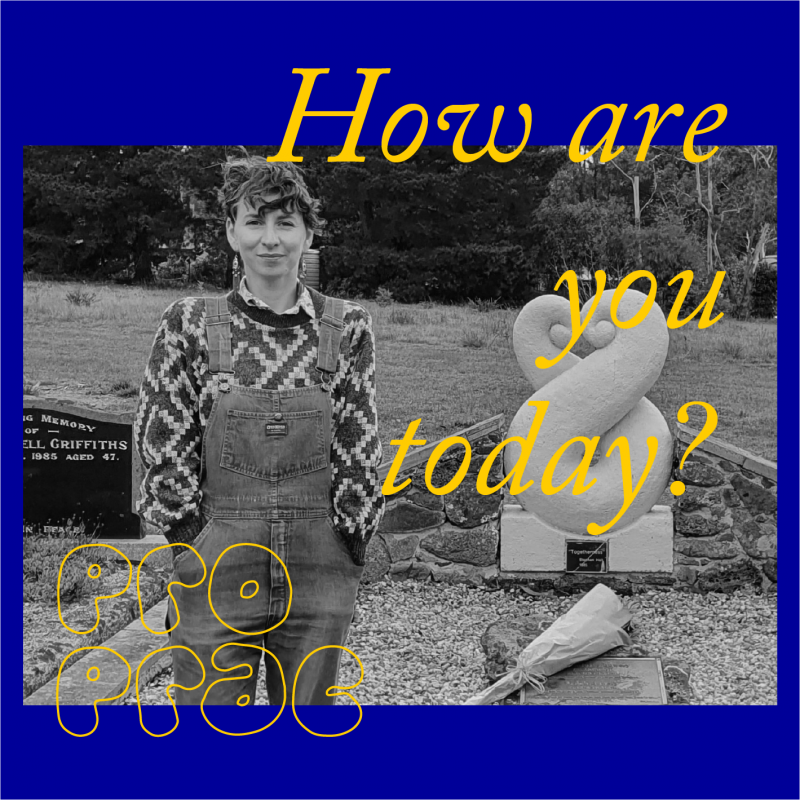
Laura Castagnini
In episode sixteen Laura Castagnini talks with us about her time in hotel quarantine, staying with parents while in isolation, spending time throwing pottery, visiting Leigh Bowery’s grave, and apprehensions about returning to London, where she works as an Assistant Curator, Modern and Contemporary British Art at Tate.
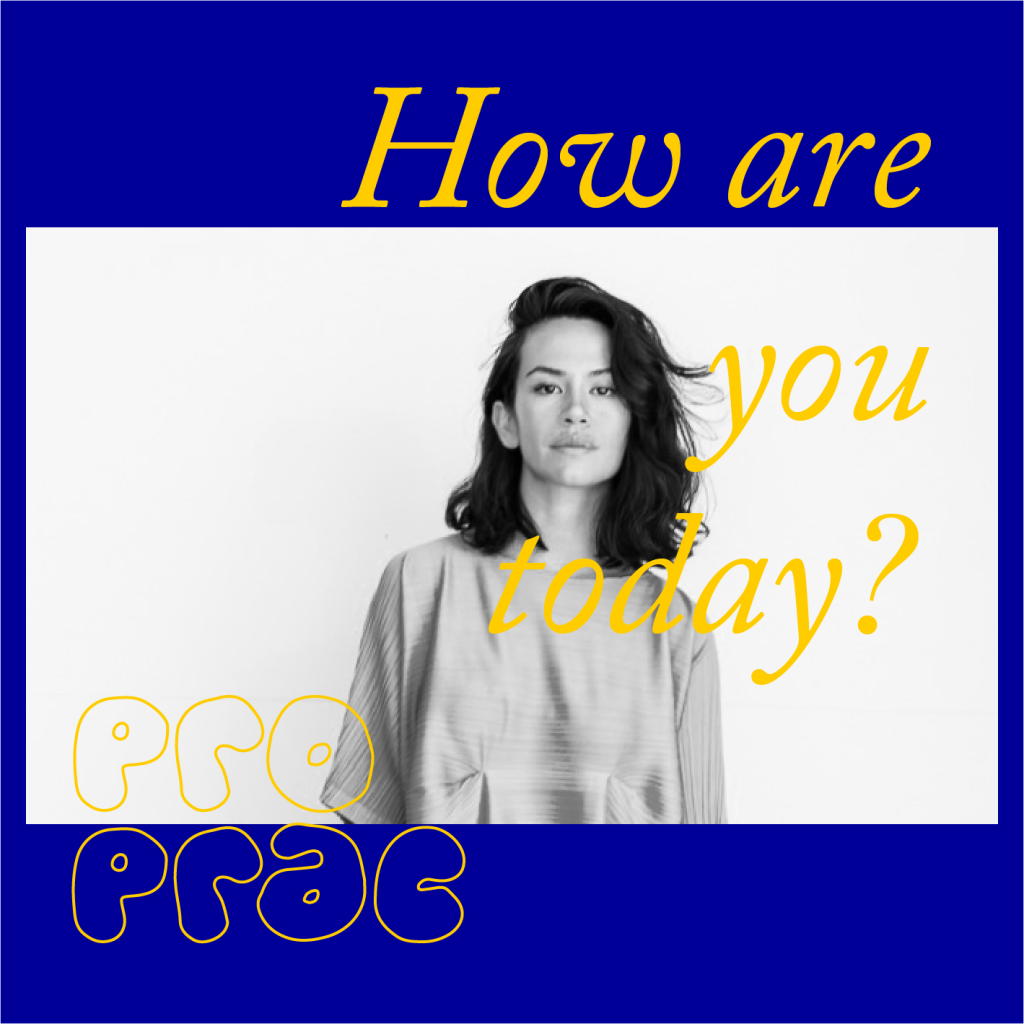
Amrita Hepi
In episode seventeen Amrita Hepi chats with us about postponing work, experiencing both personal and collective mourning, her frustrations in not being able to get a car licence which is hindering her access to the studio, and projects including ACCA Open, Soothsayer Serenades, and Kaldor Public Art Projects Do It Australia. Amrita shares her concerns that society will be expected to work at double its speed once we move out of lockdown, and is looking forward to a renewed appreciation of being collectively together.
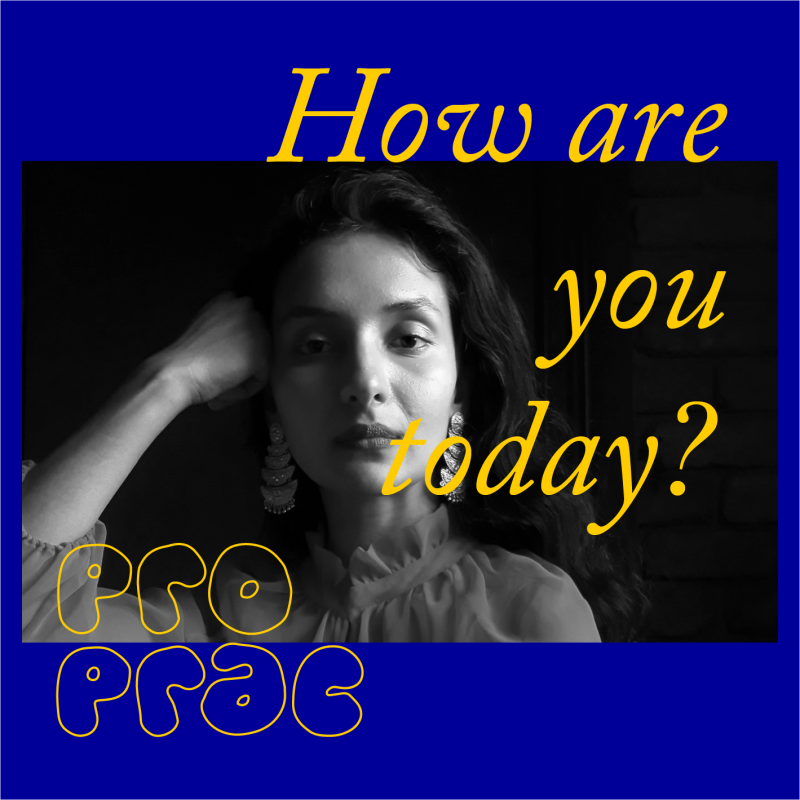
Manisha Anjali
In episode eighteen Artist and Writer Manisha Anjali joins us on the show today to chat about her public dream journal Neptune, documenting dreams of individuals around the world during the pandemic. Manisha shares how they are finding hope in love, and imagination being the place in which we envision and create change as we go forth.
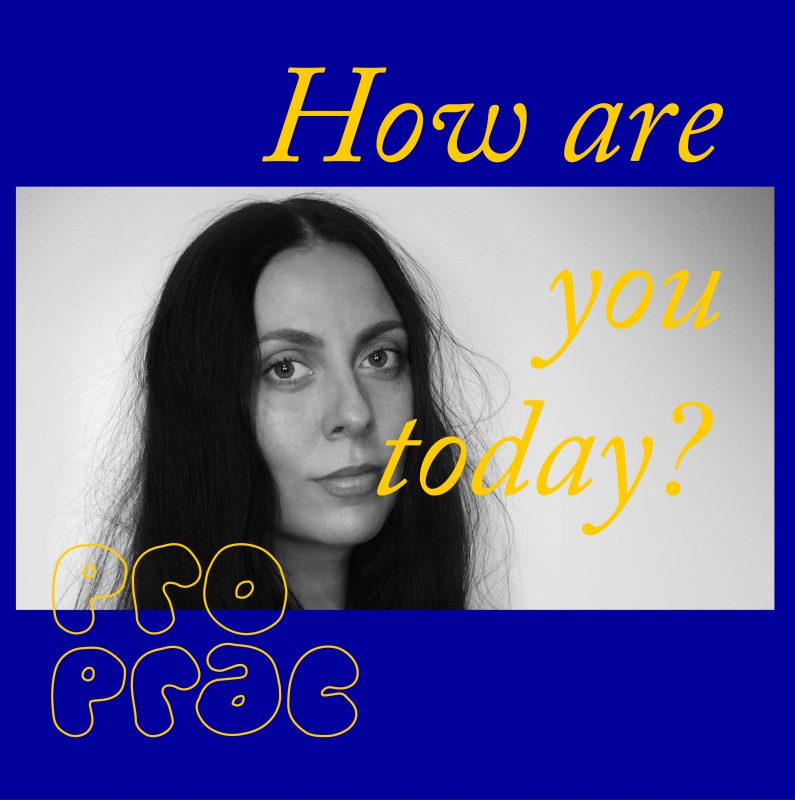
Hayley Millar-Baker
In episode nineteen Hayley Millar-Baker chats with us about working from home,with a toddler, while pregnant; postponing exhibitions and international residencies, and re-thinking the pace and output in which artists are expected to work and produce. Hayley shares with us her concerns about the state of the world, keeping family safe, and creating safety for herself on social media.
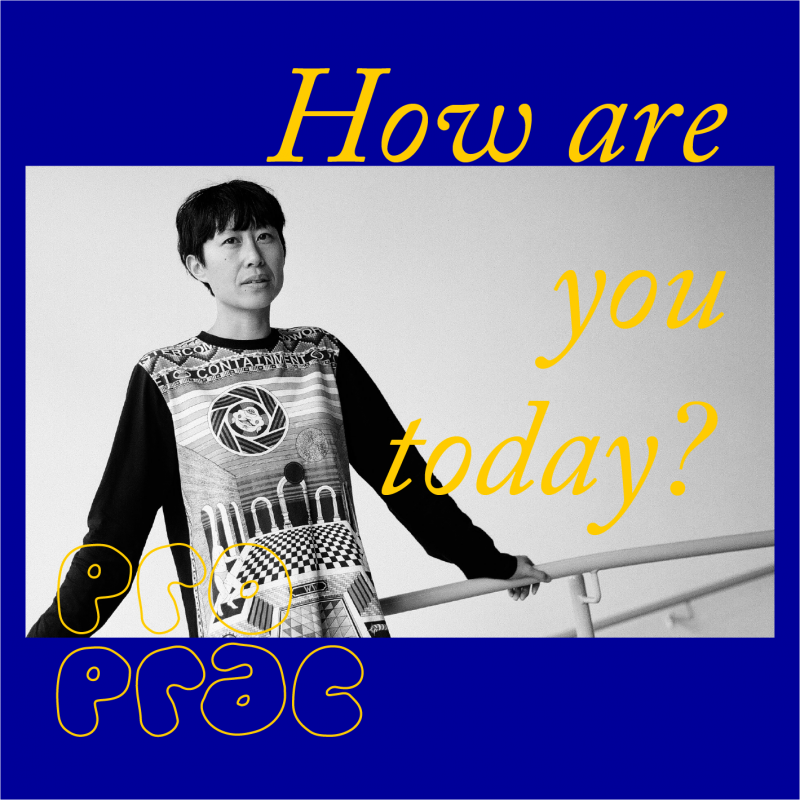
Eugenia Lim
In our final episode of How Are You Today? Eugenia Lim chats with us about sitting with time, working on a new project for APHIDS, the prominence of the divisions of labour within the home and across society during lockdown, and observing the community reassessing priorities. Eugenia shares her worries about about hard right politicians using this time to utilise xenophobia and racism to solidify inequity; and her hopes for increasing social justice and curbing the disastrous outcomes of climate change.

Pro Prac acknowledges City of Melbourne’s generous contribution to How Are You Today? through their Quick Response grants program

This project has been assisted by the Australian Government through the Australia Council, its arts funding and advisory body
